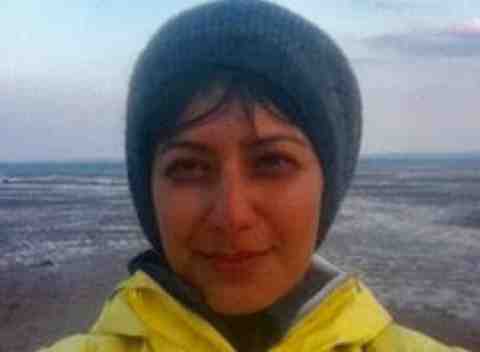On Nov. 8th just before midnight, I began to disappear.
Because if he were that person, I myself would be the first to say “I made a mistake, I made a terrible mistake.”
—Eric Metaxas, Compassionate Christian Intellectual[1]
On Nov. 8th 2016, just before midnight, I began to disappear. The first thing to go was my voice. I remember because when I tried to tell you why I was afraid, you could only hear every third word and asked why I was talking gibberish.
By the end of the night, all you could hear were squeaks and croaks, which annoyed you, so you walked away to share a drink with more pleasant friends.
On the way home, I stopped beneath a street lamp to take note of more curious things—my stride had lost its carefree length, and the distance between my shadow and my body had grown shorter as my frame hunched into itself.
At work the next day, when once forbidden words were unleashed (playfully they all explained) and everyone giggled nervously, you said I’d lost my sense of humour when I shuddered instead.
These days, at home, my family and I huddle in corners, holding each other tight. When one needs to go to another room, the rest follow, small as ants scurrying behind each other.
It is strange, this disappearing business. It will take time. Perhaps you think that in the end all that will be left is your terrible mistake and my terror.
But I’m afraid—that in my bravest moments—I will replace terrible terror, with terrible rage!
Author’s Statement
In the aftermath of the Trump election, a gulf opened up between myself and my white friends—people who love me dearly. After the initial, “I can’t believe this just happened”, they quickly moved on to “waiting it out”, and towards, “it’ll be better the next time.” My POC Muslim friends and I though, knew that once unleashed, there was no waiting out white supremacy. What was coming, was coming for us and intended to eviscerate. Instead of trying to understand, my white friends reacted to my fear with incredulity and immense irritation. The core of me—the part that was subject to an avalanche of bigotry—was invisible to them, as was their privilege in just shrugging this off. Defeated, I initially wrote this primal scream of a poem as a way to express my frustration, and in the process, found my pain finally becoming visible to some. I offer this now as way for those willing, to see the “other” that is me.
—Fatima Amarshi
[1] The Evangelical Reckoning Over Donald Trump, Article by Emma Green, The Atlantic, Nov. 10th 2016
Learn more about Turtle Island Responds














